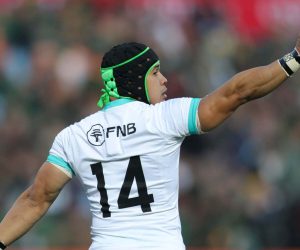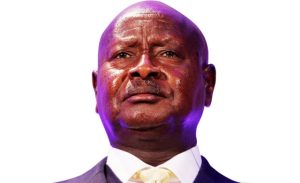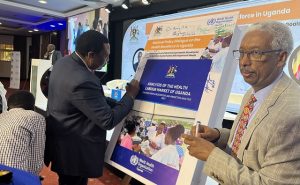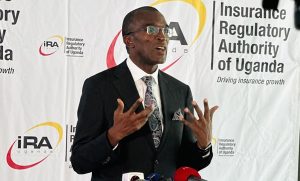DA pulls official from Gauteng deputy speaker seat after talks with ANC collapse
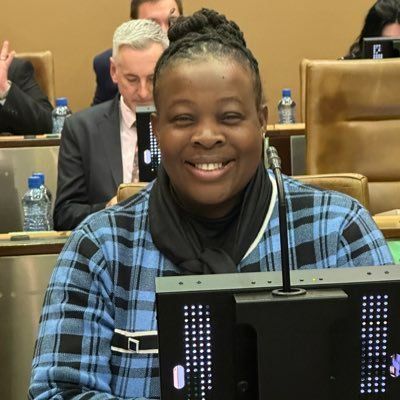
The Democratic Alliance’s (DA’s) Refiloe Ntsekhe will resign from her position as deputy speaker in the Gauteng Provincial Legislature.
The decision comes as the DA announced that it would not form part of Gauteng’s Government of Provincial Unity (GPU) as negotiations between the two parties were deadlocked over positions in the executive council.
GAUTENG DEPUTY SPEAKER TO RESIGN FROM HER POSITION
DA Gauteng leader Solly Msimanga confirmed that Refiloe Ntsekhe would resign following the disagreement.
On Wednesday, Lesufi announced an executive council comprising of representatives from the Inkatha Freedom Party (IFP), Patriotic Alliance (PA) and Rise Mzansi.
Msimanga told The Citizen that the deputy speaker will be resigning because her being in that position is not serving what the party actually envisioned.
“We were looking at playing a meaningful role in the executive with a number of positions and also in the legislature where her position would have complemented that of the chair of chairs plus other oversight committee chairpersons,” Msimanga told the publication.
On Wednesday, Msimanga said that after robust engagements and weeks of negotiations, they have declined to take up seats on the ANC’s terms and will not form part of the executive of the GPU.
He said that after a prolonged engagement involving various senior members of parties on both ends, they found themselves unable to accept a counteroffer to their offer. The offer made to the DA was and continues to be one we find both unfair and unreasonable.
“In the spirit of unity and to build a relationship with a foundation of trust, we entered these critical negotiations. It is, however, impossible for the DA to be co-opted into government, as we are meant to be power-sharing partners.
“We will not be functionaries who rubber stamp decisions made by an executive that, evidently, is intent on keeping us on the edge of the fray. Beyond the problematic nature of an attitude that seemingly does not understand what their significant loss of the vote share in Gauteng entails, an air of refusal to be partners, which ultimately is the goal, dominated conversations,” Msimanga explained.
WHO ARE THE MEMBERS OF THE EXECUTIVE COUNCIL?
Here are the MECs:
Health – Nomantu Nkomo-Ralehoko (ANC)
Environment – Sheila Mary Peters (Patriotic Alliance)
Agriculture and Rural Development – Vuyiswa Ramokgopa (Rise Mzansi)
Social Development – Faith Mazibuko (ANC)
eGovernment – Bonginkosi Dlamini (IFP)
Roads and Transport – Kedibone Diale-Tlabela (ANC)
Education, Sport, Arts and Culture – Matome Chiloane (ANC)
Infrastructure Development and COGTA – Jacob Mamabolo (ANC)
Human Settlements – Tasneem Motara (ANC)
Treasury and Economic Development – Lebogang Maile (ANC)
The Gauteng executive council. Image: X/Gauteng provincial government
Faith Mazibuko, Matome Chiloane, Tasneem Motara, Lebogang Maile, Nomantu Nkomo-Ralehoko, and Kedibone Diale-Tlabela retained their positions in the Gauteng cabinet. Chiloane and Nkomo-Ralehoko will remain at the helm of the Department of Education and Health, respectively. All the others have moved to different departments.
In addition, the Department of Education has been merged with the Department of Sport, Arts and Culture, while Community Safety has moved to the Office of the Premier.
Mzi Khumalo, who served as Cogta MEC, and Mbali Hlophe, who also served as Social Development MEC, did not return to the executive council.

